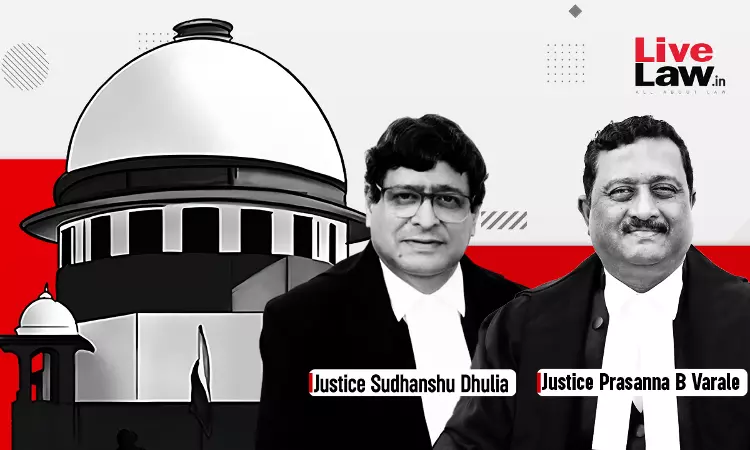The Supreme Court held that the delay that occurred in preferring an appeal against the acquittal can be condoned under Section 5 of the Limitation Act, 1963. Concurring with the decision of the High Court, the Bench Comprising Justices Sudhanshu Dhulia and P.B. Varale observed that if there is a delay in filing an appeal against the acquittal of the accused then the delay can be condoned...

